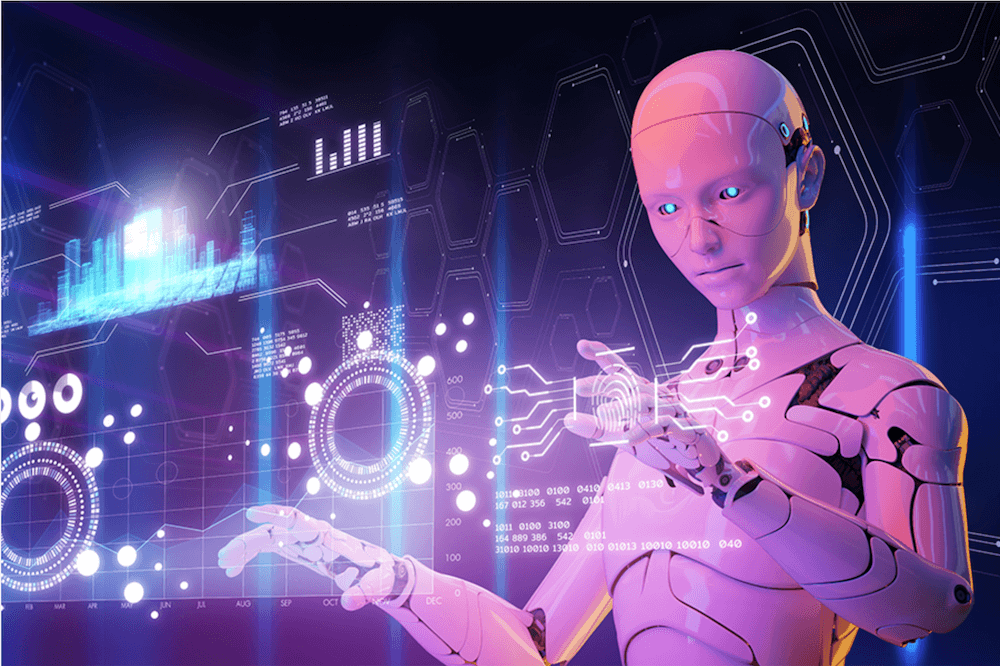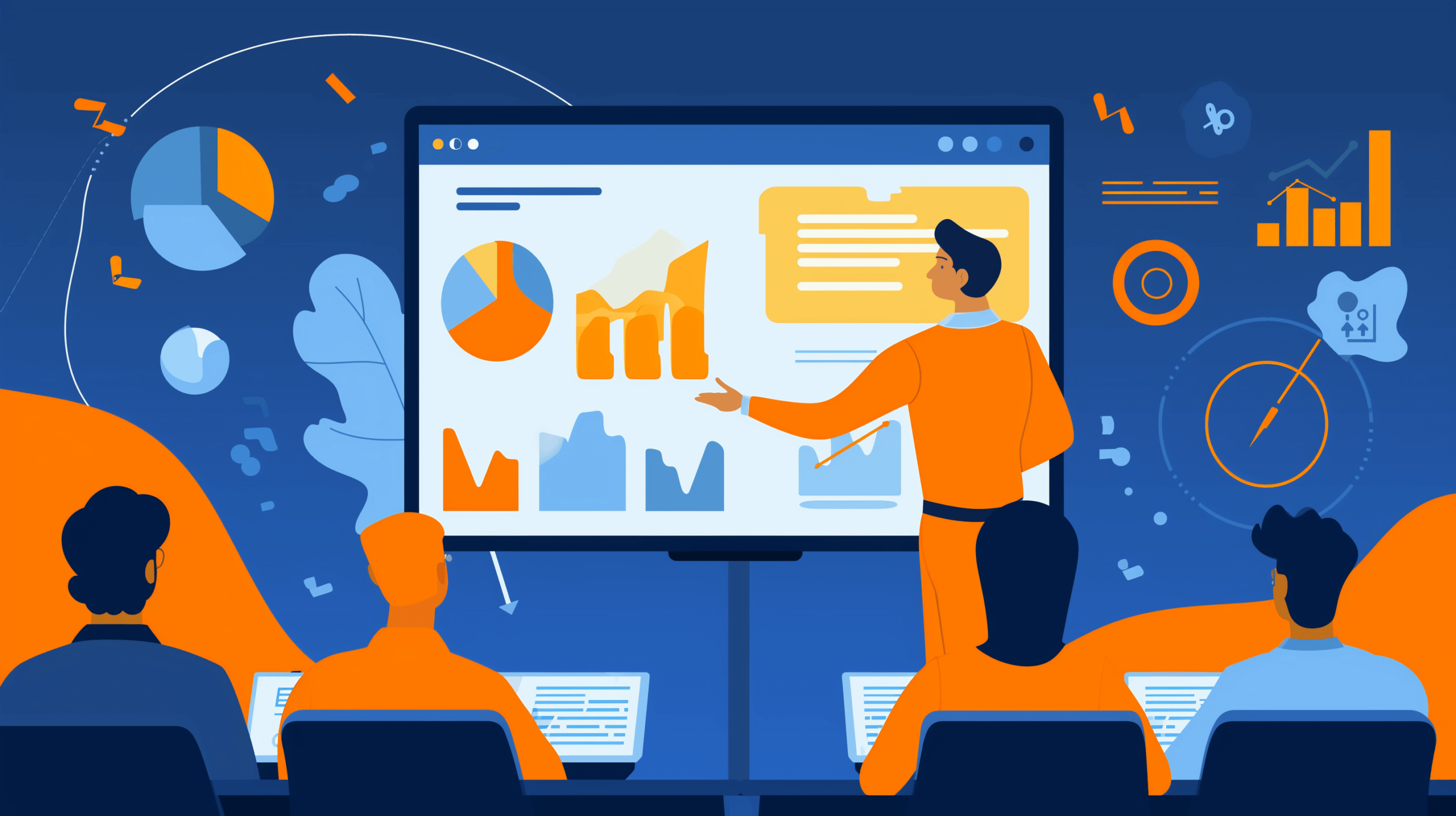AI is here to stay – why you shouldn't panic
Fear 1: Displacement of Jobs
Critics note that AI is increasingly displacing jobs. This is true, as initial studies have already shown. However, even more new jobs and professional fields are also being created, as evidenced by new degree programs and training in “Data Science,” “AI Experts,” and the like. People are not being replaced by AI; they are being replaced by people who can work with AI.
What does this mean for the future?
According to a US study, approximately 80% of workers can complete at least one task faster through the use of generative AI.
Despite improved productivity, it is not expected that generative AI, and especially the use of language models, will destroy jobs on a large scale. Instead, there will be shifts, and new professional fields will emerge. Generative AI will more likely support people in their work rather than replace them, as a study from the MIT finds. Read the study here…
Nevertheless, the impact of AI on employment is a significant concern, with approximately 75 million jobs projected to be affected. However, there is optimism as AI is expected to create around 150 million new job opportunities. It is essential to navigate this landscape by seizing potential benefits, recognizing risks, staying updated on advancements, and implementing necessary regulations to ensure responsible AI deployment and mitigate negative consequences.
At the same time it’s true that the “Digital Divide” will affect not only individuals but also companies: those that are adaptive will benefit from AI, while others will not keep up with developments.
Every technical and technological innovation in human history has always led to changes in the labor market and the destruction of jobs. There’s no reason to fear this normal course of events.
It is all the more important for people whose working lives are touched and changed by a decision to be involved in the process that leads to this decision and to be heard.
https://tech.co/news/ai-replacing-jobs
Fear 2: Discrimination
AI technologies have ethical issues. They are not value-free and neutral. Why? It’s because of the data they were trained on, as we humans are not free from prejudice. Our images, texts, and numbers reflect this. Thus, there is a risk that AI may store discriminatory data in its algorithm, reproduce it, and make decisions based on it. Racism, sexism, discrimination against age or origin groups can be the result, confirmed by a study from a German research foundation, among others.
The bad news: all this is already happening – especially when humans make decisions. The good news: it can be unlearned – both by humans and AI.
Fear 3: Cybercrime
AI poses a risk to the cybersecurity of companies (and individuals). Hackers can use it for attacks and, through automation and processing large volumes of data, learn faster, find more data breaches or entry points. The sheer volume of attacks is becoming an increasing problem. Moreover, the credible content created by generative AI, such as error-free phishing emails in the local language, data like names, positions, and email addresses of superiors read by AI, and other aspects of social engineering, make it even harder to detect forgeries. Technology is being developed to help expose fakes – but good old-fashioned common sense, critical questioning, and communication with the supposed sender of phishing emails are still good solutions to avoid falling for fraudsters.
Fear 4: Big Brother is Watching You – Surveillance
AI systems can monitor a lot and recognize patterns. This can be “Predictive Maintenance” of machines and systems, preventing wear and failure. And also the surveillance of people – their work performance, their output, their locations, and communication, as is already happening in totalitarian states. As always, the same tool can be used for positive and negative actions. Here too, there must be clear regulations and laws on how AI can be used.
Fear 5: Employee Overload by AI Optimization
AI recognizes patterns and uses algorithms to suggest optimizations. Optimization can lead to over-optimization, as shown by the example of a shift schedule. In the worst case, the intensification of work and increasing (work-related) stress are consequences of the perfect plan, becoming stressors for people instead of helping them. Health risks of this kind are seen by the group “Algorithm Watch”. Therefore: do not rely on AI alone, but retain human judgment.
Want to know more?




